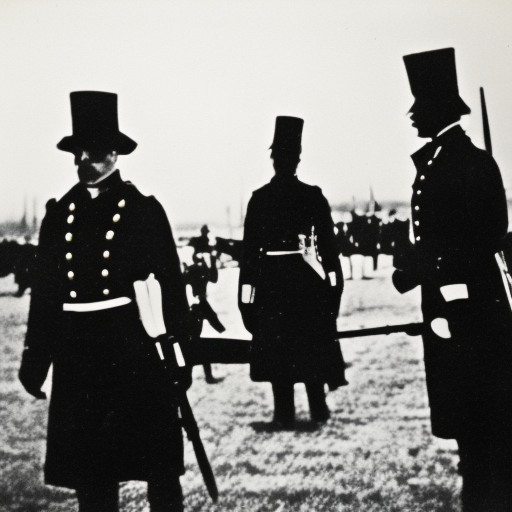The Embargo Act (1807)
The Embargo Act of 1807 was a controversial piece of legislation passed by the United States Congress and signed into law by President Thomas Jefferson. The act aimed to protect American interests by prohibiting trade with foreign nations, particularly Britain and France, during a time of escalating tensions and conflicts.
Background:
In the early 19th century, Britain and France were locked in a bitter struggle for dominance in Europe. Both countries resorted to aggressive tactics, including impressment, the practice of forcibly conscripting American sailors into their navies. This violated American sovereignty and led to growing resentment among the American people.
The Act:
The Embargo Act was passed in response to these violations and aimed to assert American neutrality in the conflict between Britain and France. It prohibited all American ships from leaving American ports and banned trade with any foreign nation. The act was intended to pressure Britain and France into respecting American rights and to avoid being drawn into the European conflict.
Impact:
The Embargo Act had a profound impact on the American economy and society. Initially, it was met with some support, as many believed it would force Britain and France to change their policies. However, the act soon proved to be disastrous for American merchants and farmers who relied heavily on foreign trade.
- Economic Consequences: American exports plummeted, causing widespread unemployment and economic hardship. The act hit New England particularly hard, as it heavily relied on trade with Europe.
- Smuggling: The embargo led to a rise in smuggling as Americans sought to bypass the restrictions. This undermined the effectiveness of the act and further eroded public support.
- Political Backlash: The act faced strong opposition from Federalists, who argued that it violated American rights and damaged the economy. They saw it as an overreach of federal power and an infringement on individual liberties.
Repeal:
As the negative consequences of the Embargo Act became increasingly apparent, pressure mounted for its repeal. In 1809, President Jefferson signed the Non-Intercourse Act, which replaced the Embargo Act. The Non-Intercourse Act lifted the embargo on all nations except Britain and France, allowing trade to resume with other countries.
Legacy:
The Embargo Act is widely regarded as a failure. It did not achieve its intended goals of protecting American interests or forcing Britain and France to change their policies. Instead, it severely damaged the American economy and undermined public support for President Jefferson and his Democratic-Republican Party.
Significance:
The Embargo Act highlighted the challenges faced by the young United States as it sought to assert its independence and protect its interests in a world dominated by powerful European nations. It also raised important questions about the balance between individual liberties and government power, as well as the effectiveness of economic sanctions as a tool of foreign policy.
In conclusion, the Embargo Act of 1807 was a well-intentioned but ultimately disastrous attempt to protect American interests during a time of escalating tensions with Britain and France. Its negative economic consequences and political backlash led to its eventual repeal and highlighted the challenges faced by the young United States in asserting its independence on the global stage.












